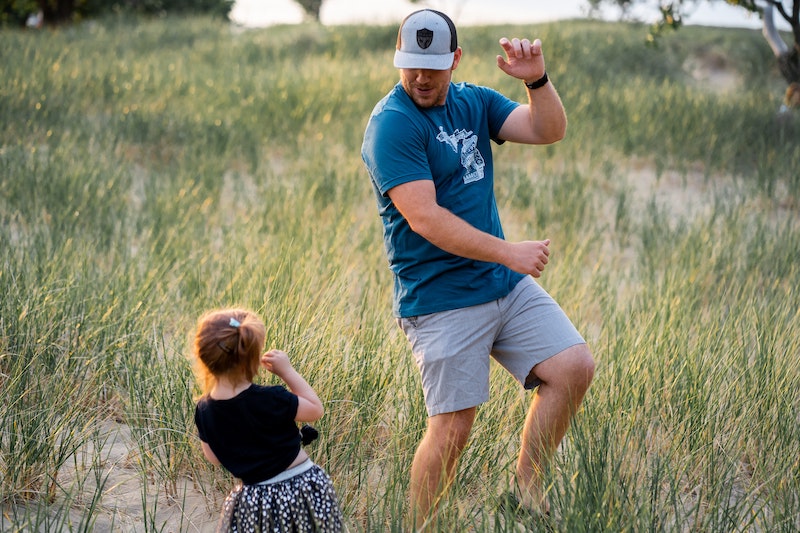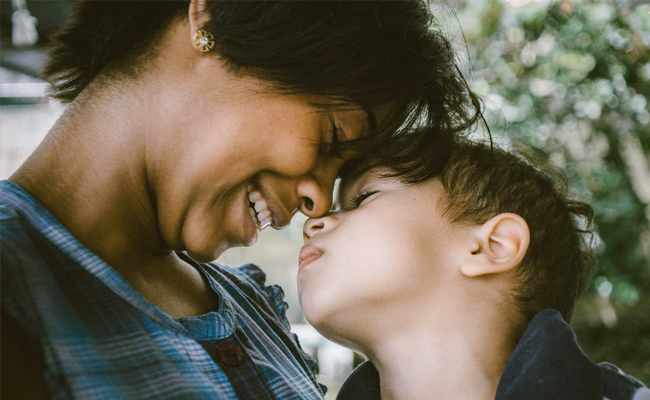
Exploring Parenting Challenges by Age
Whether your child is an infant, a preteen, or a full-fledged adult, you may be overwhelmed and in need of parenting tips. Here are just a few examples of challenges that parents commonly face as their children grow up: Infants (0 to 1) – Infancy…




